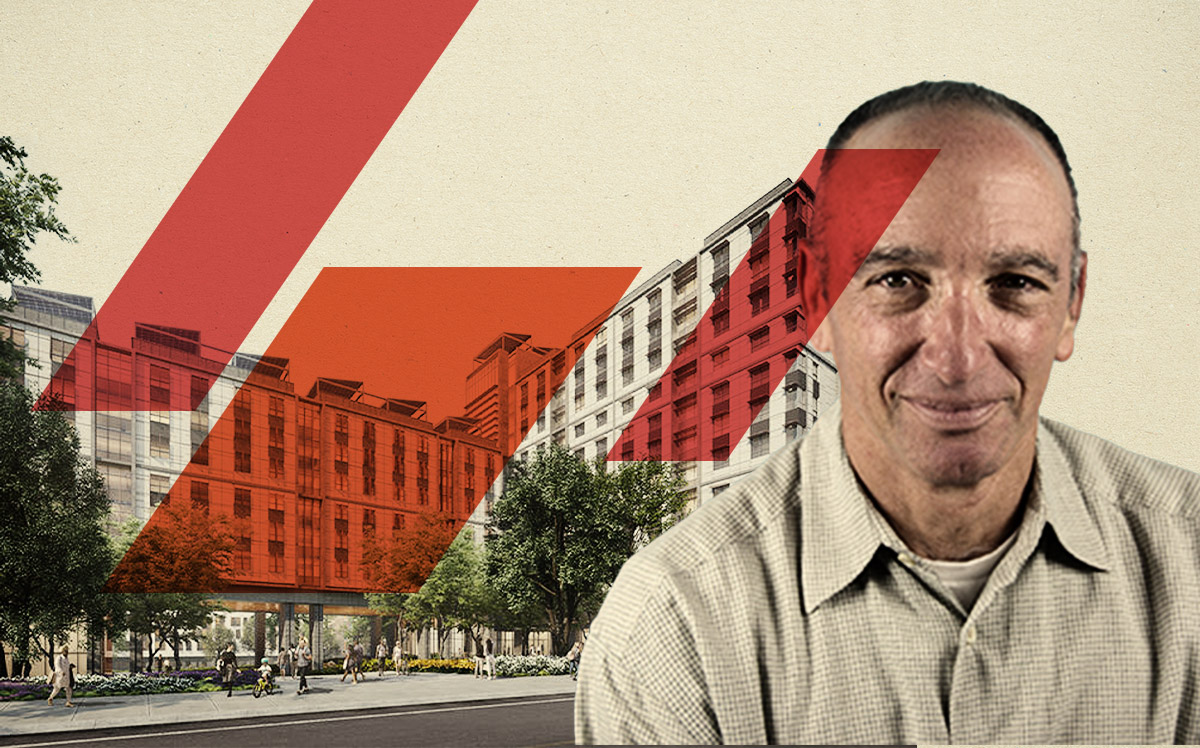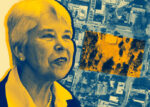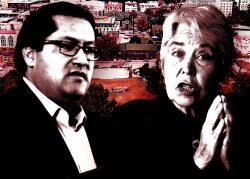A nonprofit developer has fled the legal thicket around building affordable homes at UC Berkeley’s People’s Park.
Resources for Community Development, based in the city, has pulled out of building homeless housing at 2556 Haste Street, citing court delays, the San Francisco Chronicle reported.
The affordable housing developer said it would abandon the project after a California appeals court ruled in February the university’s plan failed to adequately address environmental concerns by not assessing “potential noise impacts from loud student parties.”
The appellate court ruling halted UC Berkeley’s plan to turn its historic People’s Park into housing at the 2.8-acre site a few blocks south of the campus.
The university’s plan has a budget of $312 million and includes a 17-story dorm to house 1,113 students and take up half of People’s Park, with the other half open to the public. It also includes a six-story building with 125 beds for homeless people who now camp at the park. Some 1.7 acres would be open space.
The university now provides housing for 23 percent of its students, the lowest rate in the state university system.
Lauren Lyon, a spokeswoman for Resources for Community Development, said its decision is a direct result of the court’s ruling.
“This creates significant delays and new challenges that negatively impact our capacity to move forward,” Lyon said in a statement.
She said requiring developers to consider who will live in the homes and guessing how noisy those residents might be is inappropriate as a potential environmental risk requiring study under the state’s environmental law.
It also opens up a path for costly and time-consuming lawsuits designed to delay and block housing development.
The court ruling, Lyon said, “sets a dangerous precedent for housing development, especially for the creation of new affordable housing which is so desperately needed.”
Dan Mogulof, UC Berkeley’s spokesman, agreed. He said the university is committed to building supportive housing at the site and looks to bring another nonprofit developer on board.
“The university’s commitment to donate a significant portion of the site for the construction of supportive housing is unwavering,” he said in a statement, adding that the city and Gov. Gavin Newsom opposed the ruling. “We look forward to presenting our arguments to the California Supreme Court.”
Read more



The housing project at People’s Park has drawn fierce protest and controversy for decades.
A half century ago, a similar plan sparked a violent protest that established People’s Park as a hotbed of social dissent. A 1969 demonstration against UC Berkeley’s plans to build housing on the site led to a clash of 6,000 protesters, one death and scores of injuries.
— Dana Bartholomew
